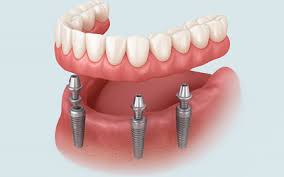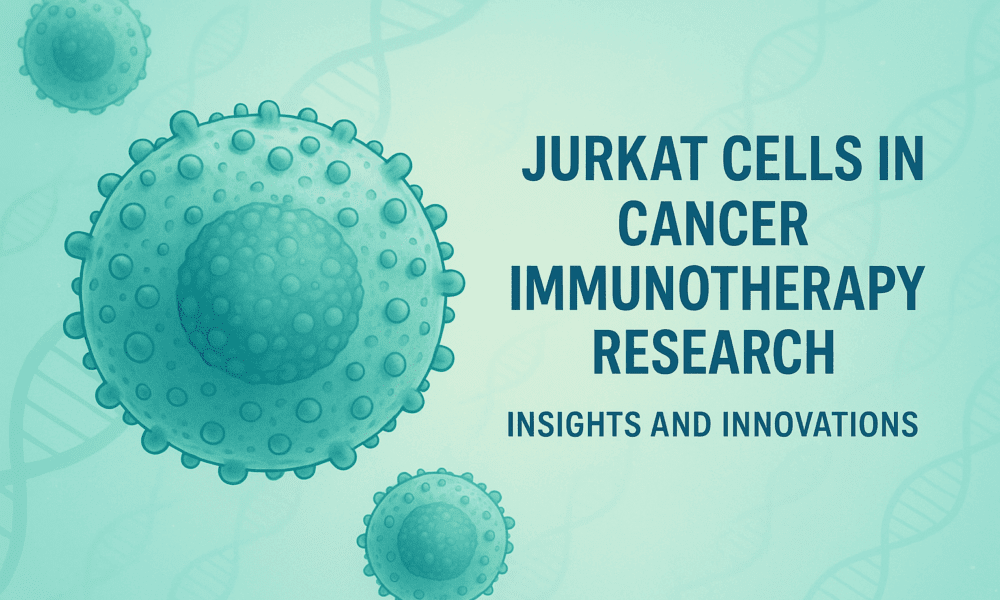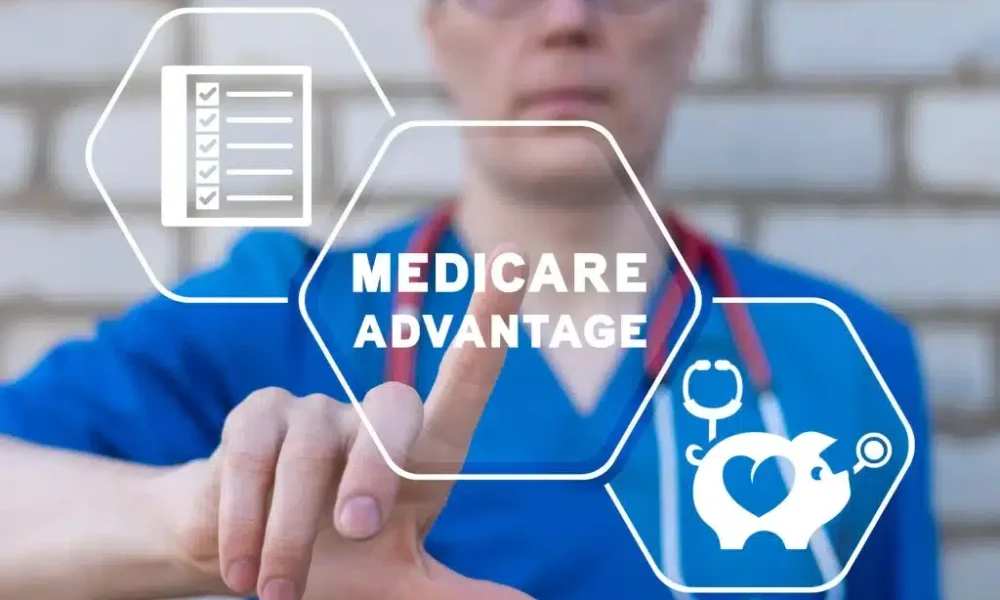In today’s digital health era, where innovation meets impact, few voices resonate with both purpose and technical clarity. We had the opportunity to speak with Sheila Kemirembe, a Global Health Policy and Management professional who is leading the conversation on how data analytics can revolutionize healthcare systems, particularly in under-resourced settings. With advanced training in STATA, SQL, and SAS, Sheila is part of a new generation of public health leaders transforming fragmented data into tools for life-saving decisions.
Hi, Sheila! Can you briefly walk us through your academic and professional background?
Thank you for having me. I come from a public health background, and I recently completed a Master’s degree in Global Health Policy and Management with a STEM concentration at Brandeis University. My career began in community-based health initiatives, including maternal health and HIV prevention programs in Uganda. These experiences helped me understand the limitations many health systems face, especially when it comes to making evidence-based decisions. I realized that to drive real change, we needed more than just fieldwork; we needed strong data systems. That’s what led me to study advanced data analytics alongside health policy.
What sparked your interest in using data analytics for healthcare systems improvement?
It was the disconnect I kept seeing between the volume of health data collected and how little of it was being used to inform action. We had numbers, but they weren’t telling stories or influencing policies. That gap between data collection and data-driven decisions motivated me to learn how to analyze, interpret, and apply data in a way that supports stronger, smarter healthcare. I wanted to be a part of the solution.
What specific data tools have you trained in, and how have you applied them in your work?
During my Master’s program, I had hands-on training in SQL, STATA, and SAS. I manage and extract insights from large databases using SQL, which is a crucial skill when working with global datasets or national health systems. STATA has been my go-to tool for running statistical models, particularly when evaluating health interventions or outcomes. SAS was instrumental in developing data management systems and conducting more complex health research simulations. Together, these tools allow me to translate raw data into actionable strategies.

In your view, how should healthcare systems incorporate data analytics, especially in resource-constrained settings?
Incorporating data analytics should be a non-negotiable element of any modern healthcare system. For resource-limited settings, it doesn’t always require expensive infrastructure it starts with building capacity and making data usable at every level. From local clinics to national ministries, real-time dashboards, predictive modeling, and spatial mapping can help identify health trends early, allocate resources efficiently, and improve service delivery. Analytics should no longer be seen as a luxury; it’s essential to survival and sustainability.
You’re part of a new wave of young professionals blending tech with public health. What’s that been like?
It’s empowering, honestly. There’s a stereotype that health data work is either too complicated or reserved for senior analysts, but that’s changing. Young professionals like me are stepping into these roles with a deep understanding of our communities and the technical skills to analyze what’s happening on the ground. It’s a balance of innovation and empathy. And I’m constantly inspired by the responses I receive, particularly from coworkers who didn’t think someone my age would be handling platforms like SAS or STATA. They remind me of the importance of this work.
What’s your long-term vision for healthcare and data integration?
I envision a world where data is not just collected but actively used to shape programs, policies, and lives. I want to see frontline health workers using mobile dashboards to adjust treatment plans in real-time and governments making budget decisions based on accurate, timely data, not assumptions. Most importantly, I want young people to feel empowered to lead this charge. Data has a voice and is more than just numbers, and I want to make sure it speaks for people who are frequently ignored.
Sheila Kemirembe is a powerful figure at the nexus of technology and health. With cutting-edge data tools at her disposal and a distinct mission, she is changing the way we think about health systems, not just as service providers but as smart, flexible networks prepared to take on today’s challenges.











Leave a Reply